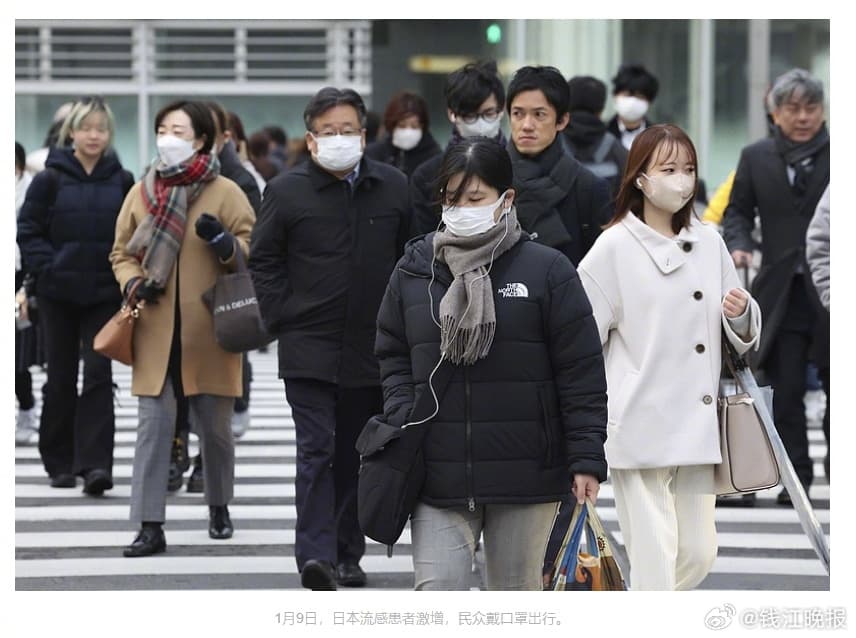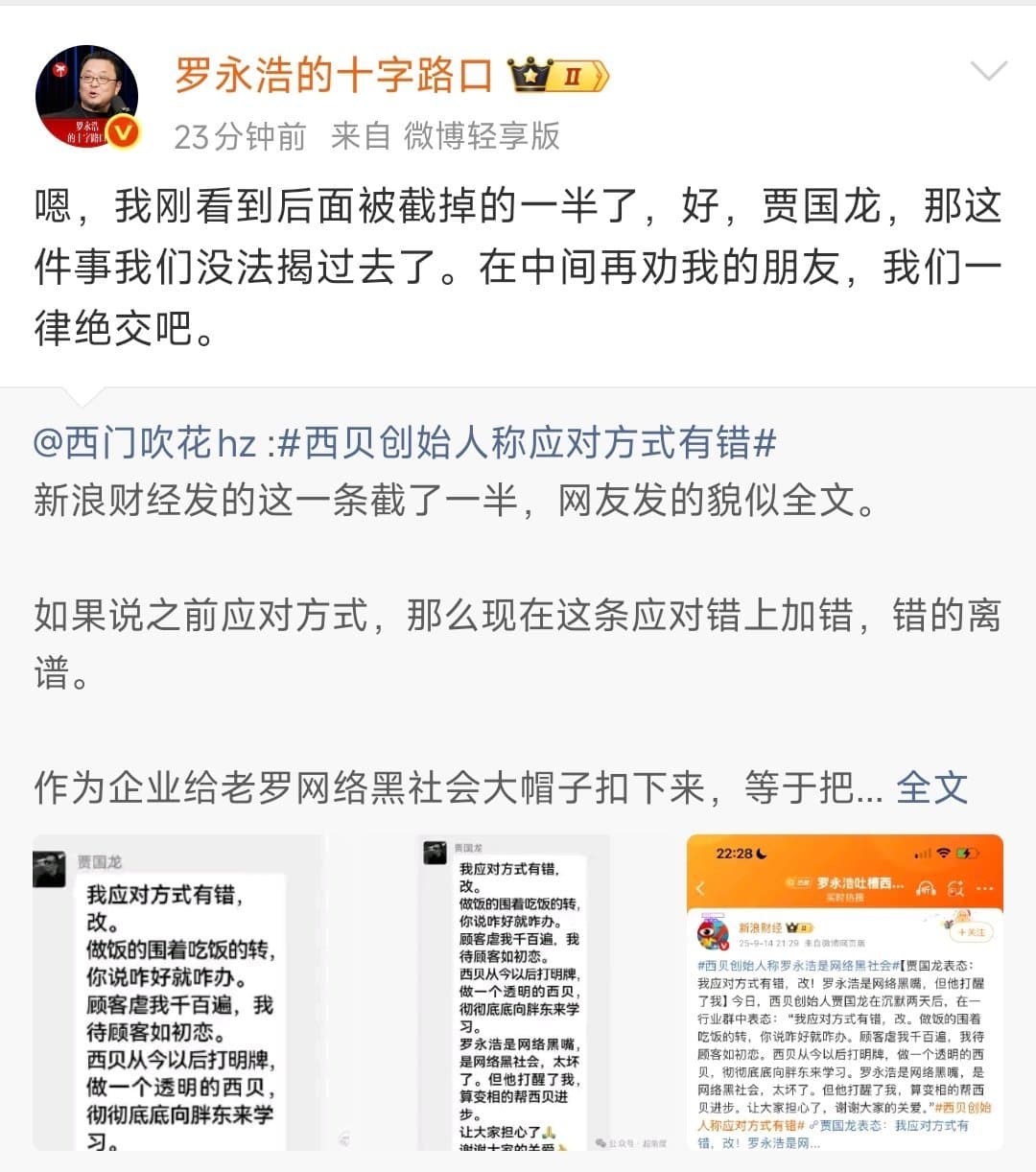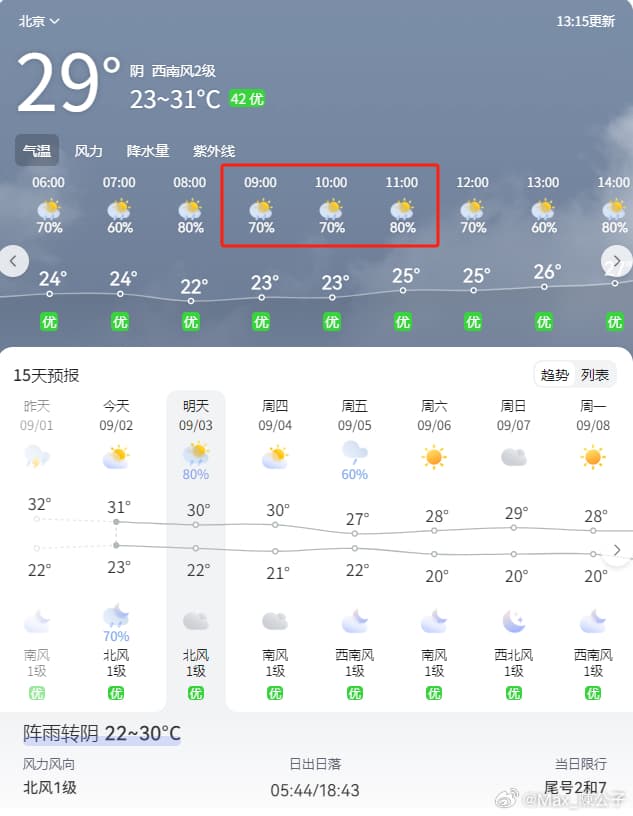Chinese Tourist Denied Medical Care by Two Japanese Hospitals Amid Flu Outbreak
Japan is experiencing a severe influenza outbreak, with a significant increase in infected cases, and the situation has become even more alarming with the death of Taiwanese actress Xu Xi Yuan, who passed away due to complications from the flu while traveling in Japan. The country's hospital classification system is very strict, which can lead to delays in treatment, and Japanese doctors' English proficiency is generally low, making communication with foreign patients challenging. A Chinese resident in Tokyo shared her experience of being turned away by three clinics due to the large number of patients, highlighting the strain on Japan's medical resources during flu season.

5 February 2025
According to Japanese health officials, the number of flu patients has been increasing for nine consecutive weeks, with over 210,000 new cases reported in the week of December 16-22, more than double the number from the previous week. The outbreak has led to a shortage of hospital beds and ambulances, leaving many patients without access to medical care. Many pharmacies in Tokyo and other areas are running out of stock of flu medication, prompting the Japanese government to call for increased production and distribution to meet the demand.
A Chinese tourist, "贺来芝", shared her experience of being refused treatment by two hospitals in Tokyo due to overcrowding, but eventually received medical attention at a rural clinic, where she was diagnosed with influenza A in just five minutes. Her experience highlights the challenges faced by patients in accessing medical care during the flu outbreak. Experts advise tourists traveling to Japan to take preventive measures, such as wearing masks, washing hands frequently, and getting vaccinated against the flu before their trip.
In case of emergency, tourists can contact the Japanese national tourist agency, local medical insurance offices, or the Japanese Medical Association for assistance. It is recommended to purchase travel insurance that covers medical expenses, including those related to flu treatment. Tourists should also be aware of the importance of seeking medical attention promptly if symptoms persist or worsen. The first 48 hours after influenza symptoms appear are crucial for self-help, and high-risk groups who do not use effective antiviral drugs within this timeframe may develop pneumonia or severe conditions.
To prepare for a trip to Japan, tourists should make adequate preparations, including carrying medications, such as influenza test kits, Oseltamivir, or Marboxin, and knowing how to use them correctly. They should also be aware of the importance of finding hospitals with foreign language support and knowing how to seek help from the Chinese embassy or consulate in Japan if necessary. The Japanese government has promised to increase funding for the healthcare system and to take steps to improve its response to public health emergencies.
Japanese doctors have revealed that some areas, including Yokohama and Tokyo, have experienced a shortage of hospital beds and ambulances, with patients being turned away due to overcrowding. Chinese tourists have been advised to take precautions, such as wearing masks and washing hands frequently, and to seek medical attention immediately if symptoms persist or worsen. The Chinese embassy and consulate in Japan have also reminded tourists to purchase travel insurance that covers medical expenses and to carry necessary medications, such as influenza test kits and antiviral drugs.

Experts have emphasized the importance of taking preventive measures, such as getting vaccinated against the flu, and being aware of the potential health risks associated with traveling to Japan during the flu season. By understanding the challenges faced by Japan's healthcare system and taking proactive measures, tourists can reduce their risk of contracting the flu and have a successful trip to Japan.
Comments



Share this article
Related Articles

Xi Jinping Elevates Cybersecurity to Core National‑Security Pillar, Driving China’s Quest for a Cyber Superpower
By Trending on Weibo
News & Politics
15 Sept 2025

Luo Yonghao vs. Xibei: Celebrity Entrepreneur Sparks Media Storm Over Pre‑Made Dishes and Calls for Transparency
By Trending on Weibo
News & Politics
15 Sept 2025

Weibo Celebrates Autumn Harvest as China’s Fields Become the Nation’s Most Beautiful Canvas
By Trending on Weibo
News & Politics
15 Sept 2025
China Enacts First Comprehensive Rental Regulations to Legalize and Stabilize the Rental Market
By Trending on Weibo
News & Politics
15 Sept 2025

Beijing’s Weather Emerges as a Barometer for China’s Climate Policies and Public Life
By Trending on Weibo
News & Politics
13 Sept 2025
